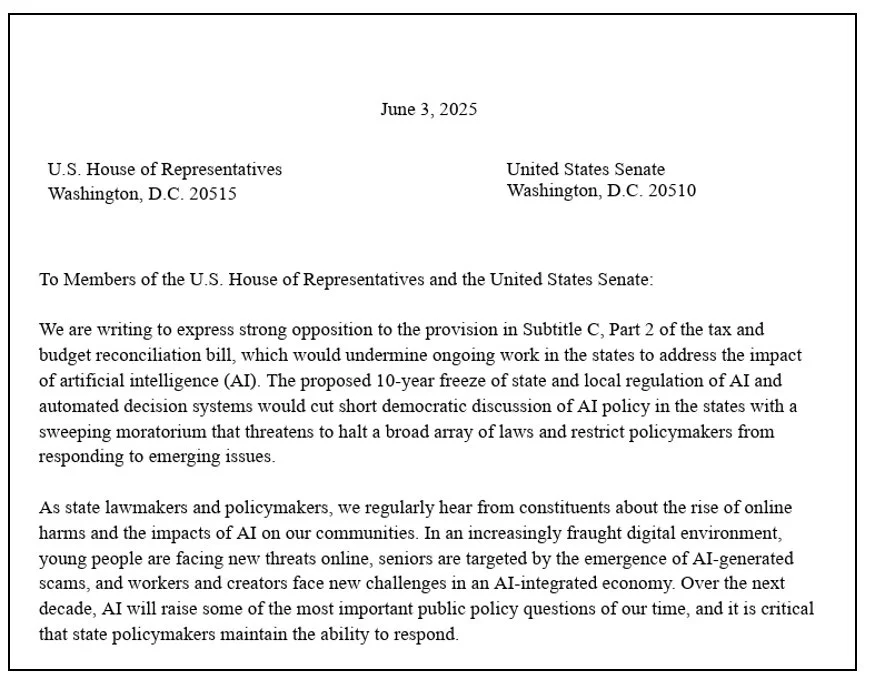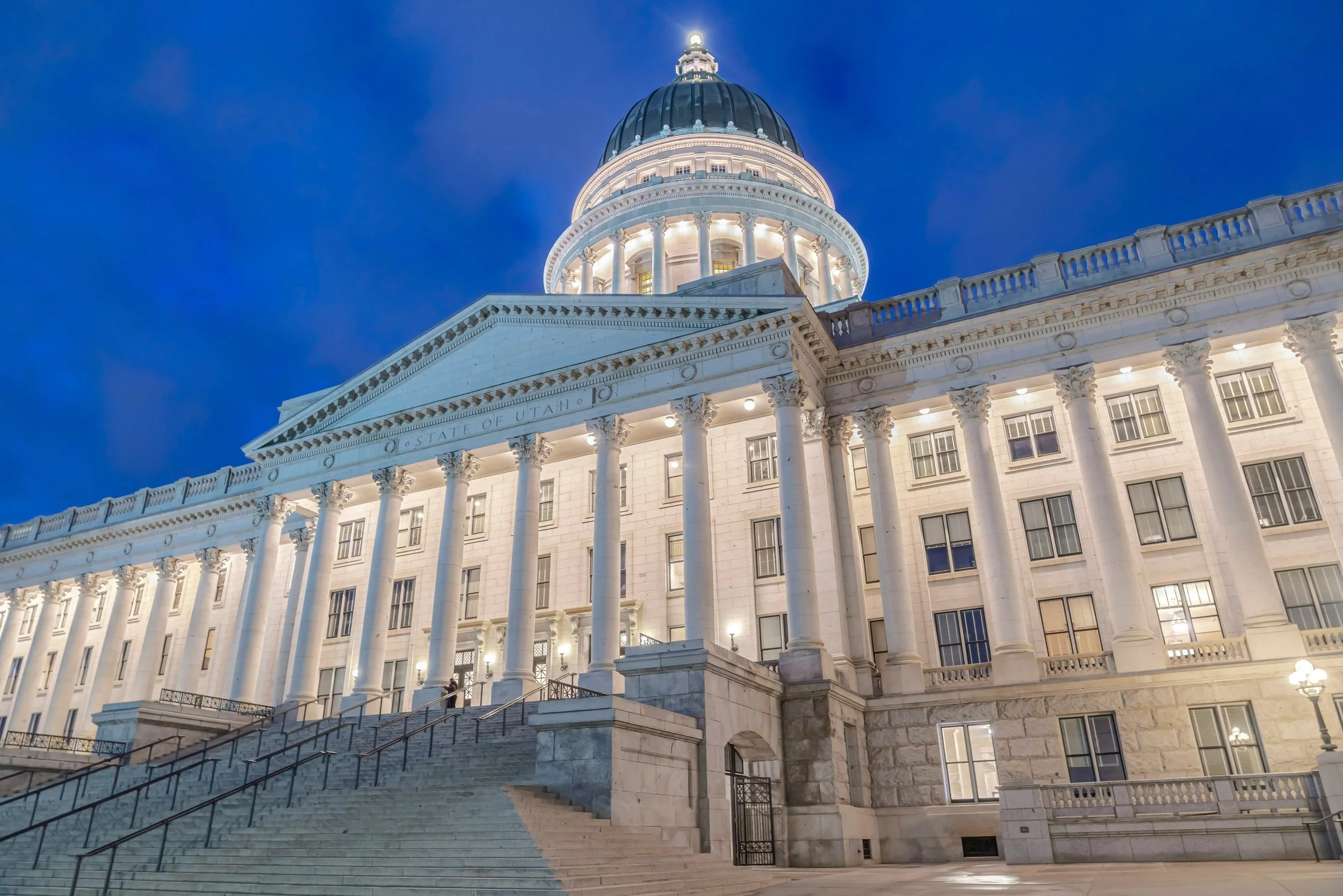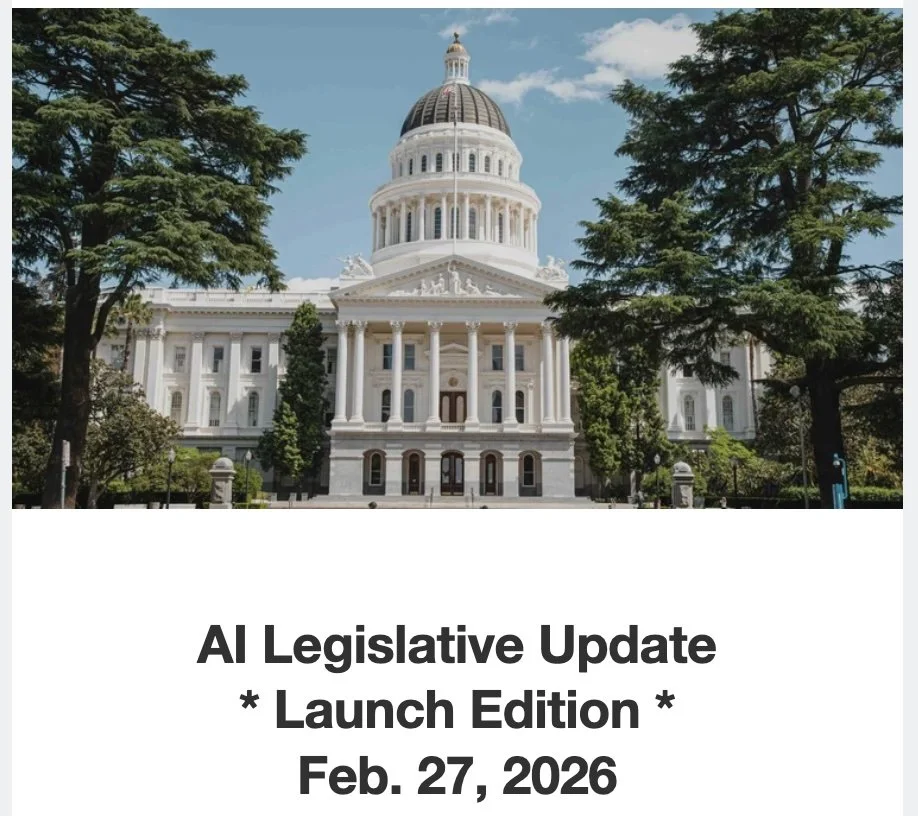Bipartisan lawmakers from 50 states tell Congress: Don’t stop us from acting on AI
An open letter signed by 260 lawmakers from 50 states calls on Congress to not adopt a 10-year ban on AI regulation.
As the U.S. Senate takes up the federal budget bill passed by the House last month, Republican and Democratic lawmakers from around the nation are calling on Congress to remove a provision that would place a 10-year ban on all state-level AI laws.
That provision, located within the larger budget bill, states that “no State or political subdivision thereof may enforce any law or regulation regulating artificial intelligence models, artificial intelligence systems, or automated decision systems during the 10-year period beginning on the date of the enactment of this Act.”
The letter, signed by 130 Republicans, 129 Democrats, and one Independent, calls on the Senate to remove the moratorium from the budget package. The letter was released earlier this morning.
“We are writing to express strong opposition” they wrote. “The proposed 10-year freeze of state and local regulation of AI and automated decision systems would cut short democratic discussion of AI policy in the states with a sweeping moratorium that threatens to halt a broad array of laws and restrict policymakers from responding to emerging issues.”
led by republican and democratic state lawmakers
The letter’s lead signatories are South Carolina state Rep. Brandon Guffey (R), and South Dakota state Sen. Liz Larson (D). The effort was organized by a number of organizations involved in responsible digital governance, including Mothers Against Media Addiction, Encode, Common Sense, Americans for Responsible Innovation, and the Transparency Coalition.
Guffey, who chairs a South Carolina committee on AI regulations, drew praise from President Trump last month for his advocacy of the Take It Down Act. Larson has addressed AI issues and deepfake harms in her bills introduced during this year’s South Dakota legislative session.
“The last thing I want to do is stifle innovation,” Guffey told the Washington Post earlier today “But is it really constitutional to remove the states’ rights to protect their own citizens?”
Among the letter’s key points:
State lawmakers are hearing from constituents about the rise of online harms and the impacts of AI on their communities, and are determined to respond to those concerns.
States are “laboratories of democracy” whose policymaking can form the foundation for better federal laws.
State and local governments are nimbler than Congress in addressing problems as they emerge.
The “sweeping” moratorium would halt laws that states have already passed, some of which regulate more than just AI.
Young people and seniors especially targeted by ai
“Young people are facing new threats online, seniors are targeted by the emergence of AI-generated scams, and workers and creators face new challenges in an AI-integrated economy.” the letter stated. “Over the next decade, AI will raise some of the most important public policy questions of our time, and it is critical that state policymakers maintain the ability to respond.”
The full text of the letter is available below:
Congress isn’t acting, so states have stepped forward
The lawmakers call out Congress for failing to act on the harms done to a generation of American youth by social media, and for the continued inaction on AI on Capitol Hill:
“We welcome Congress’s attention to AI policy and stand ready to work with federal lawmakers to address the challenges and opportunities created by AI. However, given the long absence of federal action to address privacy and social media harms, barring all state and local AI laws until Congress acts threatens to setback policymaking and undermine existing enforcement on these issues.”
The letter concludes:
“We respectfully urge you to reject any provision that preempts state and local AI legislation in this year’s reconciliation package, and to work toward the enactment, rather than the erasure, of thoughtful AI policy solutions.
Debate in the Senate is expected to continue through June. Congress and President Trump have said they would like to pass the budget bill by July 4.





